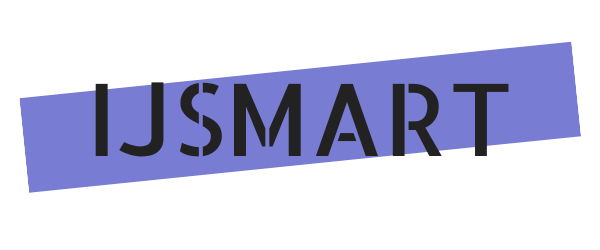The Organizational Effectiveness of the Hellenic Volleyball Federation: Empirical Analysis
Anargyros Tialiakas, Georgia Yfantidou, Vasileios Chantzivasileiou
Year: 2025 Volume: 21 Issue: c
Pages: 43-68
Abstract:
Organizational effectiveness is one of the most complex issues in management, as it is interpreted differently depending on the circumstances and stakeholders involved. Robbins and Barnwell (1998, 55-57), defined it as «…the measure of goal achievement, including the short and long-term approach to meeting the expectations of stakeholders». The purpose of this study was to investigate the organizational effectiveness of the Hellenic Volleyball Federation (HEVF). Data were collected from 19 people (13 men and 6 women) involved in the organization, including members of the Board of Directors, coaches, international referees, national team athletes, and other members. Data collection was conducted through a structured interview based on a closed-ended questionnaire with 40 questions on a 7-point scale, developed by Papadimitriou and Taylor (2000). The dimensions assessed were: a) board level and communication with external links, b) interest in athletes, c) internal processes, d) long-term planning, and e) support for sport science. Data analysis was performed using the SPSS 30 statistical package. The results revealed that the reliability and significance of all factors were satisfactory. The findings suggested that the HEVF needs to focus on strategic interest groups, strengthen their relationship with the outputs of the organization, and develop programs that meet their expectations, thereby enhancing the effectiveness of its operations.
